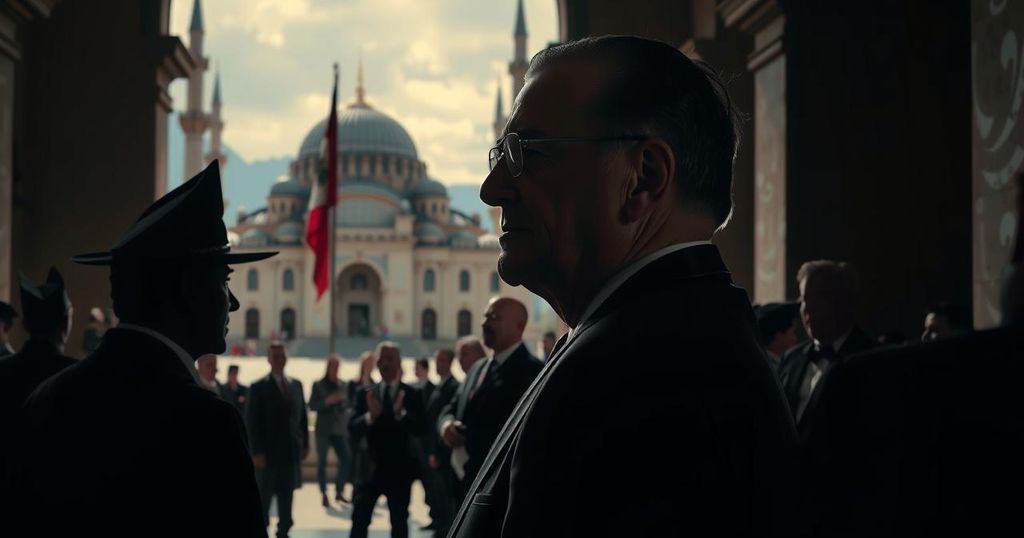Michel Aoun: A Complex Political and Military Legacy in Lebanon
Michel Aoun, born on September 30, 1935, in Ḥārat Ḥurayk, Baʿabdah district, Lebanon, served as the President of Lebanon from 2016 to 2022 and previously held the position of Prime Minister from 1988 to 1990. A military commander of the Lebanese Army from 1984 to 1988, Aoun was pivotal during the Lebanese Civil War (1975-1990), advocating for a strong national military amidst the sectarian turmoil that beset the country. Aoun, a Maronite Christian, notably resisted sectarian divides throughout the conflict, striving to restore the army’s control over a nation rife with both local militias and foreign forces.
Aoun’s political journey began in earnest during the civil war when he was appointed as the commander of the artillery corps in 1976, and later ascended to army commander in 1984 in an attempt to reconcile disparate factions. In 1988, during the waning days of President Amin Gemayel’s term, Aoun was named Prime Minister—an appointment that sparked contention due to its violation of the National Pact, which required the prime minister to be a Sunni Muslim. Thus began a bifurcation of power, with Aoun leading an administration in East Beirut while Salim al-Hoss presided over a rival regime in West Beirut.
In early 1989, Aoun launched a military campaign aimed at diminishing the power of the Lebanese Forces, the primary Maronite militia. His campaign was met with opposition from Syrian-backed factions leading to an intense civil conflict. Ultimately, Aoun rejected the Ṭāʾif Accord, which sought to end the violence but permitted Syrian troops to remain in Lebanon. By October 1990, Aoun was ousted by Syrian-led forces, prompting his exile in France, where he continued to oppose Syrian influence.
The landscape shifted drastically in 2005 following the assassination of Prime Minister Rafiq al-Hariri, which incited widespread public protests against Syrian occupation. After Syria’s withdrawal, Aoun returned to Lebanon, revitalizing his political career as the leader of the Free Patriotic Movement (FPM), which emerged as the largest Christian party in parliament.
In 2016, a breakthrough occurred when Aoun gained the endorsement of his former adversary, Samir Geagea, leading to his election as president. This era was marked by political polarization, especially between the March 8 and March 14 coalition blocs. Despite efforts at governance, Aoun’s administration faced significant challenges, including parliamentary deadlock and substantial economic crises that led to public protests in late 2019 calling for the resignation of the government.
Following Prime Minister Saad al-Hariri’s resignation, Aoun appointed Hassan Diab to form a cabinet, promising a government of technocrats, yet the situation deteriorated rapidly as Lebanon defaulted on its debt and entered into a state of hyperinflation. The catastrophic Beirut explosion in August 2020 further exacerbated the crisis, culminating in Diab’s cabinet resignation.
As Aoun’s presidency drew to a close in October 2022, he faced criticism for failing to navigate Lebanon through its paralyzing crises and for promoting his son-in-law, Gebran Bassil, despite sanctions against him due to corruption. Consequently, Aoun departed without a president-elect, leaving behind a politically fractured nation poised at a pivotal moment in its history.








Post Comment